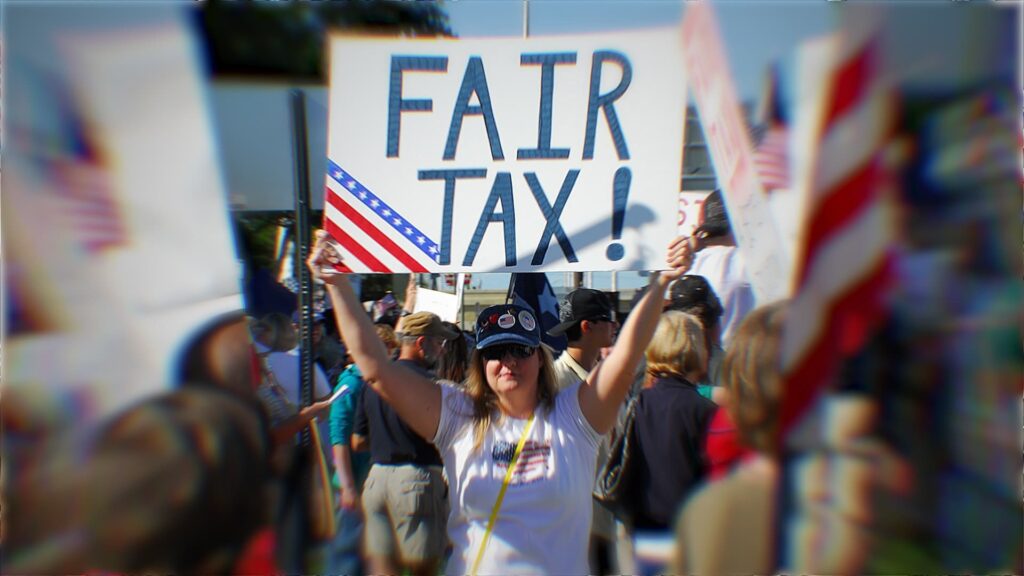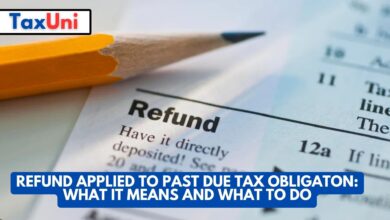Fair Tax Act
The Fair Tax Act represents a bold proposal that seeks to revolutionize the U.S. tax system by replacing income taxes with a national sales tax.

The Fair Tax Act is a proposed piece of legislation that has garnered significant attention in the realm of tax reform. It aims to fundamentally reshape the U.S. tax system by replacing the existing income tax system with a national sales tax. The proposal has generated both fervent support and fierce opposition, with proponents lauding its simplicity and potential economic benefits, while opponents raise concerns about its fairness and potential negative effects on certain segments of the population.
The Fair Tax Act’s central tenet is replacing the current income tax system with a national consumption tax. Under this proposal, all federal taxes on income, including payroll taxes, would be eliminated and replaced with a single national sales tax applied to the purchase of new goods and services. The rate of this tax would be determined to generate sufficient revenue to fund the government’s operations adequately.

Pros of the Fair Tax Act
One of the most significant advantages of the Fair Tax Act is its simplicity. With no need for complex income tax calculations, individuals and businesses would likely find it easier to comply with the tax code, reducing the burden of tax preparation and reducing the costs associated with tax compliance. The Fair Tax Act encourages savings and investment since it does not tax income earned from investments and capital gains. This could lead to increased capital formation, stimulating economic growth and job creation. By reducing the overall tax burden, the Fair Tax Act could potentially boost consumer spending, leading to increased demand for goods and services, which, in turn, could spur economic growth.
With the elimination of income tax, the Fair Tax Act may reduce opportunities for tax evasion and underreporting of income. Tax evasion through cash transactions would become less attractive as the national sales tax would apply to most purchases. The Fair Tax Act incorporates a “prebate” mechanism that would provide a monthly rebate to households to cover the estimated amount of sales tax they would pay on essential goods and services up to the poverty level. This feature ensures that the consumption tax does not disproportionately burden low-income individuals and families.

Cons of the Fair Tax Act
While the prebate aims to protect low-income households, critics argue that the Fair Tax Act may still disproportionately affect the poor. Since lower-income individuals spend a more significant portion of their income on consumption, the burden of the national sales tax could be felt more acutely by those with lower incomes. Despite the prebate, the Fair Tax Act is inherently regressive, meaning that the effective tax rate decreases as income decreases. Wealthier individuals tend to save a more substantial portion of their income, while lower-income households spend a larger share of their earnings, resulting in a proportionately higher tax burden on the latter.
Transitioning from an income tax-based system to a consumption tax system is no small feat and could present several challenges. It might take time to fine-tune the sales tax rate to ensure sufficient revenue collection while avoiding excessive inflation. The Fair Tax Act could impact the housing market as it would apply to new homes, making them more expensive. This could lead to decreased demand for new homes and potentially harm the construction industry. While proponents argue that the Fair Tax Act would boost economic growth, opponents contend that the potential benefits are uncertain and could vary significantly depending on various factors, making it challenging to predict the overall impact accurately.





